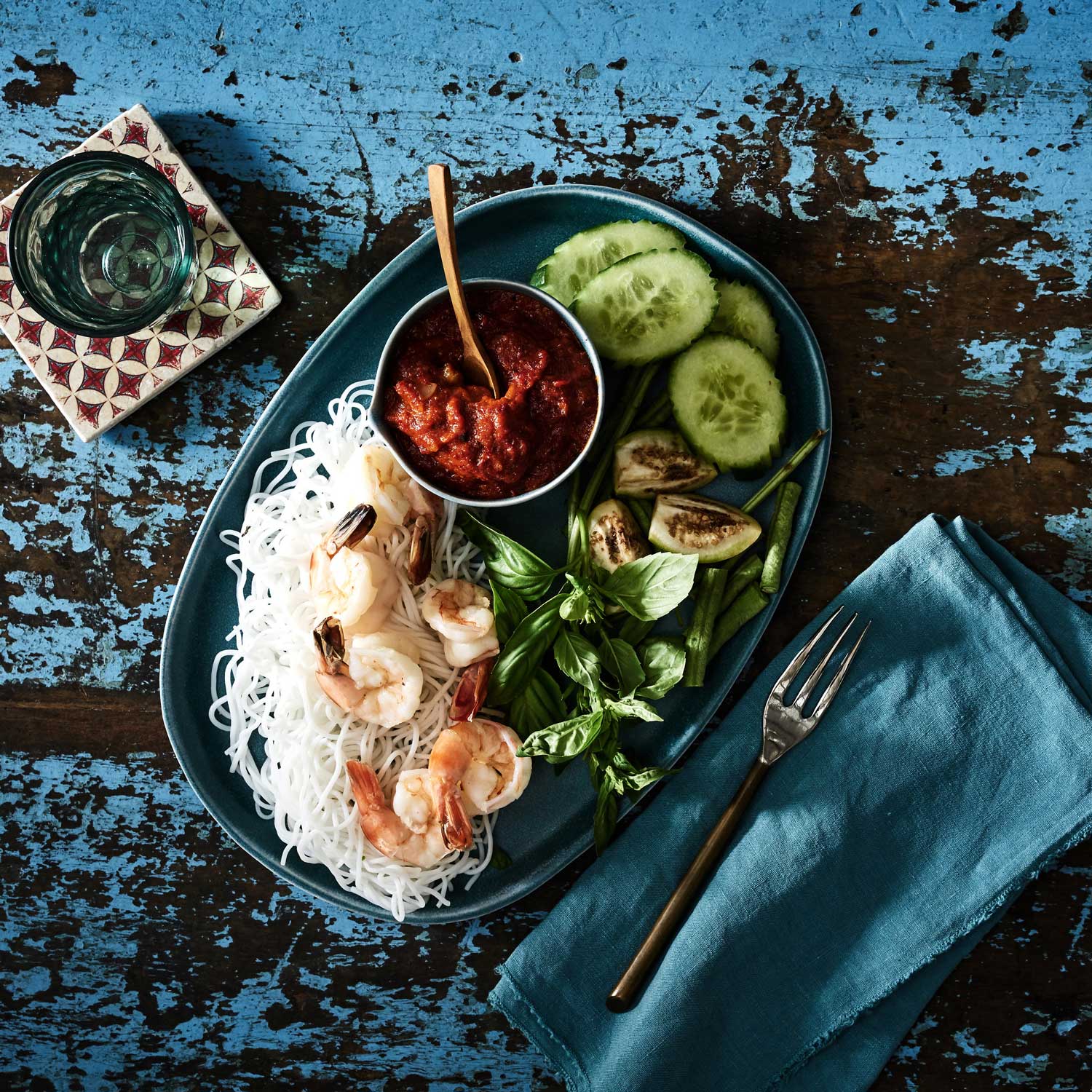
DANI VALENT
One of Australia’s most respected and prolific food journalists, Dani Valent works across digital, print, video, audio and events.
WRITING
Dani Valent is an accomplished journalist and author. She is the longstanding restaurant critic for the Sunday Age, an author of award-winning cookbooks, and a freelance journalist across numerous topics. She was named a legend of the Melbourne Food and Wine Festival in 2021 for her work as a food communicator.



CONSULTING
A savvy and strategic consultant, Dani has a unique perspective on the world of food. Whether you’re looking to refine a business concept, bounce around ideas for a refreshed venture, or need an exceptional copywriter who simply gets it, Dani has the skills and acuity to assist.

SPEAKING + EVENTS
Dani Valent can deliver speeches facilitate meaningful conversations and host food tours and experiences. She is a regular commentator on radio and TV, able to speak on hospitality industry issues and food trends



PODCASTS
Using skills developed in journalism over two decades, Dani Valent is now a podcaster of rare facility and empathy.
Her podcast ‘Dirty Linen’ airs untold stories of the food world.
Dani also co-hosts ‘The Producers’ podcast, shining a light on farmers, growers and makers.

RECIPES
Dani is the author of three cookbooks with a focus on Thermomix. She also developed an outstanding recipe and video library. Many of these recipes are available for free and further content is exclusive to members.


